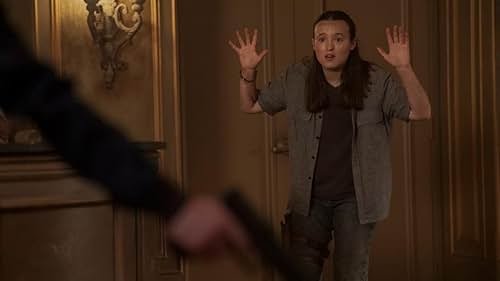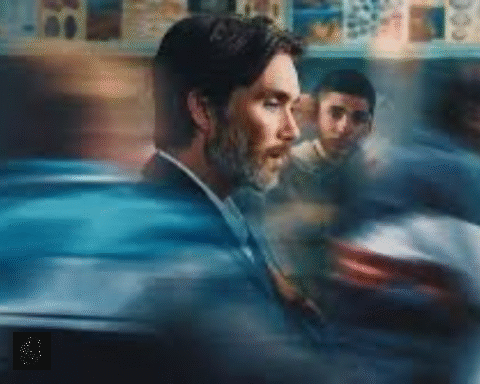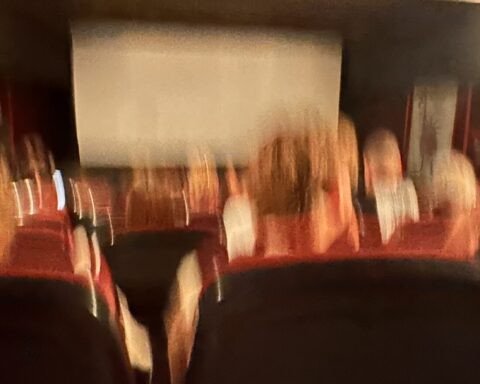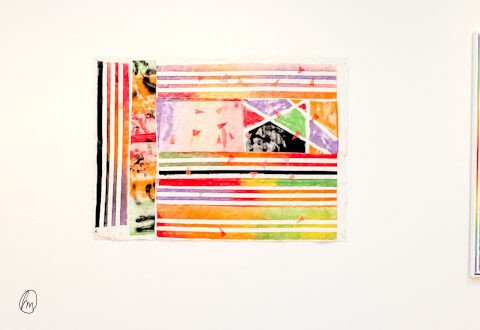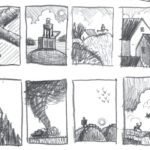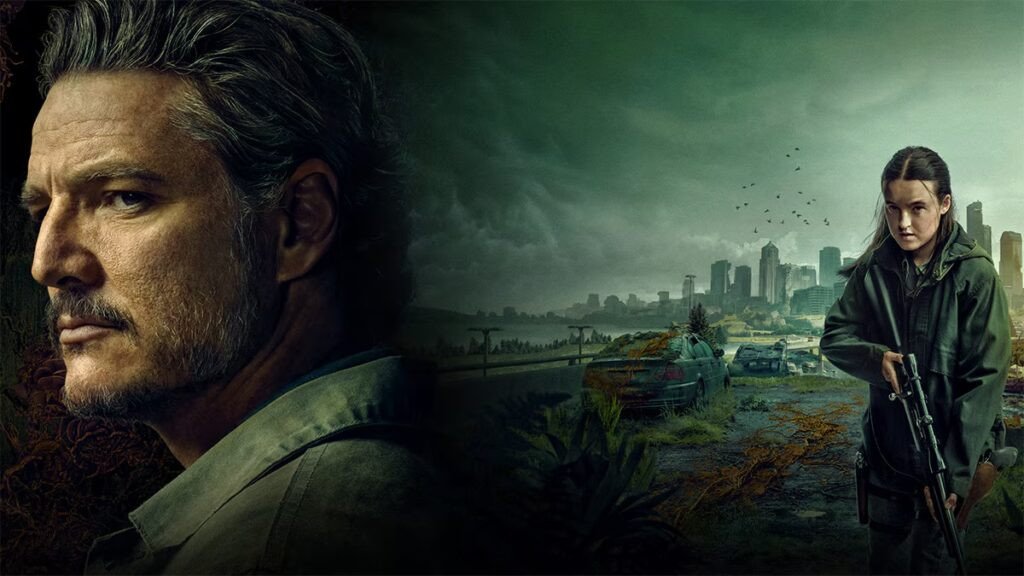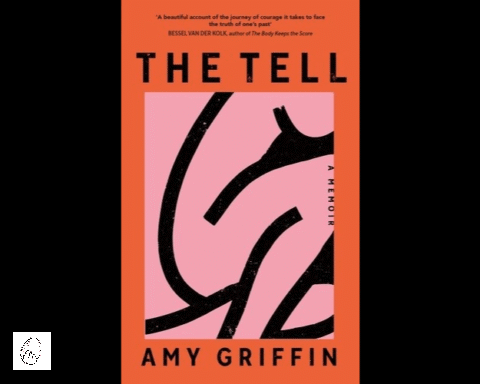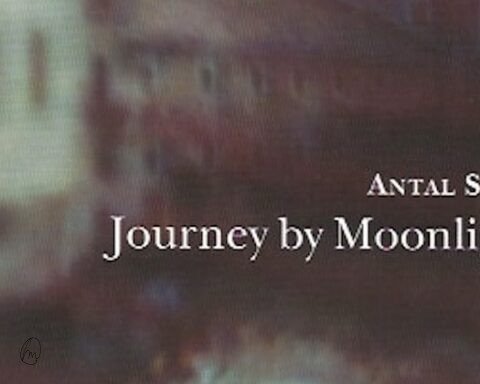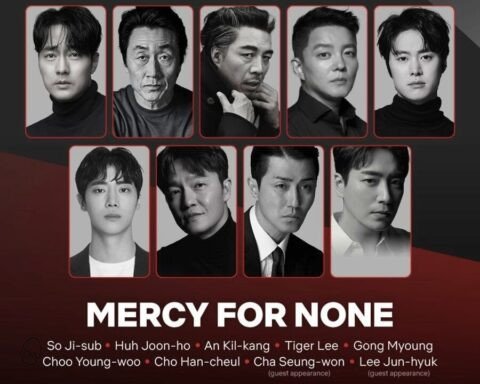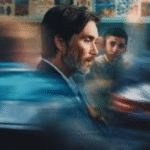Just as you can’t walk silently past an extraordinary success, no one shouldn’t ignore a catastrophic failure either.
After a strong first season, The Last of Us — a video game adaptation — became a textbook case in how to ruin a promising production.
Season one was action-packed and unpredictable. Every cut landed with precision, and each episode left you eager for the next. Credit where it’s due: the entire season rested on Pedro Pascal’s shoulders. His presence made it easy to overlook Bella Ramsay’s subpar performance — though by the end, even the most patient viewers had likely had enough of her hollow screen presence.
Unfortunately, the second season laid bare what had already been suspected: the actress cannot convey genuine emotions or thoughts. This became painfully obvious once our main character, Joel (Pedro Pascal), was quickly written out of the storyline. And while fans might have preferred to believe there was a behind-the-scenes dispute, a salary issue, or a personal decision involved, the truth is far more disillusioning: it was simply the video game’s script. It wasn’t the studio — it was fate that struck, opening the floodgates for decline.
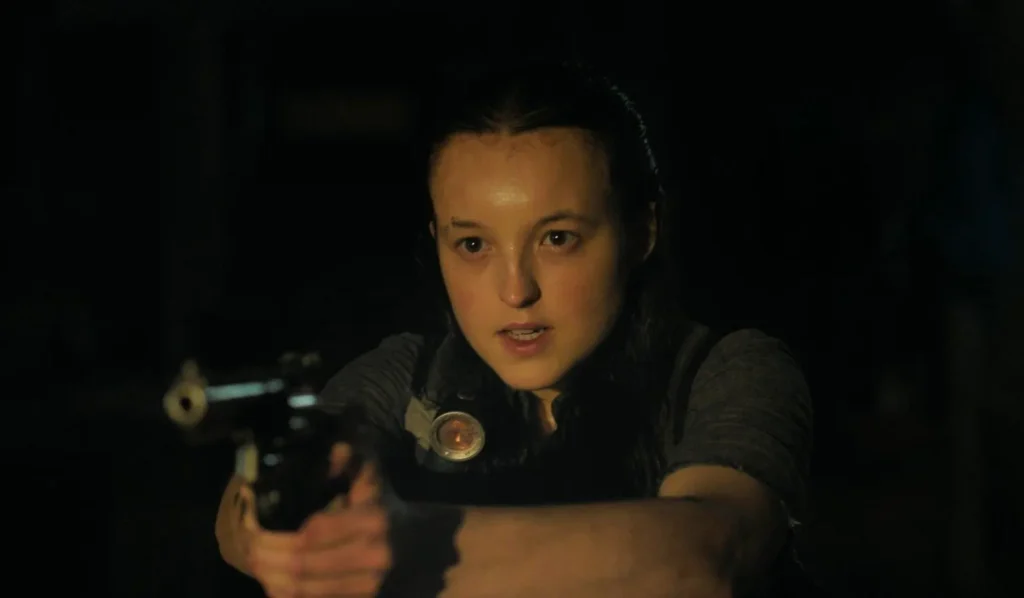
From a visual standpoint, Hungarian viewers may have caught echoes of our own cult classic, Űrgammák (Galaxy Gammas), especially toward the end of the season — perhaps around episode six. And forgive me for not scrolling back through screenshots, but that sealed-off building filled with fungal spores, where the mushroom mutants suctioned the essence out of their victims… it bordered on parody. Obviously, the production team didn’t intend to copy any Hungarian sci-fi relics, but one does wonder what was going through the heads of the makeup artists and set designers when they created those bargain-bin-looking sets. Let’s hope it wasn’t Alien.
We’ll likely never get an answer to that — just as we won’t to the far more painful question: what wild or ironic impulse drove the directing and casting team to hand Ellie — that is, Bella Ramsay — a gun?
I doubt I’m the only viewer whose retinas were burned by those scenes where — like a bad parody of a 007 agent — the lead character crouched awkwardly, chin tucked in, gripping the pistol with both hands as if she were about to soil herself. It wasn’t heroic. It was pitiful. And frankly, audiences deserve more than that — blindly encouraging someone in a role they’re unfit for is deeply irresponsible.
It didn’t matter whether the actress was meant to channel a killer instinct, anger, heartbreak, or love — her facial expression and physical movements remained exactly the same.
After a brutally strong first season, the second time around viewers were served a lesbian–romantic–action production that might have been salvageable with proper funding and smarter scene allocation.
As it stands — or as we say with a twist in Hungarian — all we can do is sit on needles … and suffer through however many more seasons they plan to drag this story out.
And to wrap things up: if The Last of Us taught us anything, it’s that Hollywood still hasn’t cracked the code on adapting video games. Curious why? Check out my earlier piece on another glorious trainwreck: Borderlands
Image credit: awaits to its owner
